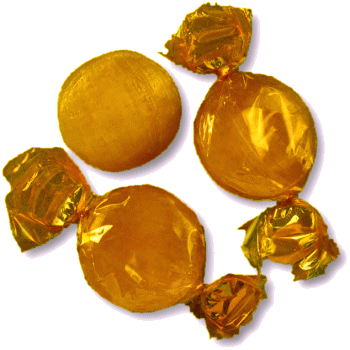




WELCOME TO AN ENTERTAINMENT SITE FOR SCOTTISH COUNTRY DANCERS!
Enjoy this curated selection of theme-related dances for celebrations and holidays, or find a dance associated with a special calendar day, or EVEN your own birthday!
Jul 31

Cotton Candy Day
Cotton Candy
Other Scottish Country Dances for this Day
Today's Musings, History & Folklore
What Americans call cotton candy is called “candyfloss” in the UK and India, “fairy floss” in Australia and Finland, “papa’s beard” (barbe à papa) in France, and “old ladies’ hair” in Greece!
Cotton Candy
A favorite treat at summertime fairs, Cotton Candy, also called "Candy Floss," (UK, Pakistan, Ireland, New Zealand, India, South Africa, Canada) "Cotton Candy," (U.S., India, Canada), or "Fairy floss," (Australia, South Africa), "Spider Webs," or "Candy Cobwebs," is a form of spun sugar made by heating and spinning the liquified sugar out of a fixture of tiny holes where it re-solidifies into thin strands of "sugar glass."
Similar confections include the Persian Pashmak, and the Turkish Pişmaniye, although the latter is made with flour and water in addition to sugar.
There are multiple claims for the origin of candy floss, with some sources tracing it to a form of spun sugar found in Europe in the 19th century. Ironically, the patents for the cotton candy machines belong to two dentists!
Machine-spun candy floss was invented in 1897 by the dentist William Morrison and confectioner John C. Wharton and was introduced at the St. Louis 1904 World's Fair as "Fairy Floss" with great success.
Joseph Lascaux, another dentist from New Orleans, Louisiana, invented a similar cotton candy machine in 1921. In fact, the Lascaux patent named the sweet confection “cotton candy” and the original "fairy floss" name faded away, although it retains this name in Australia.
For a recipe for making homemade cotton candy (without the machine), click the spun sugar below.
Click the dance cribs or description below to link to a printable version of the dance!









